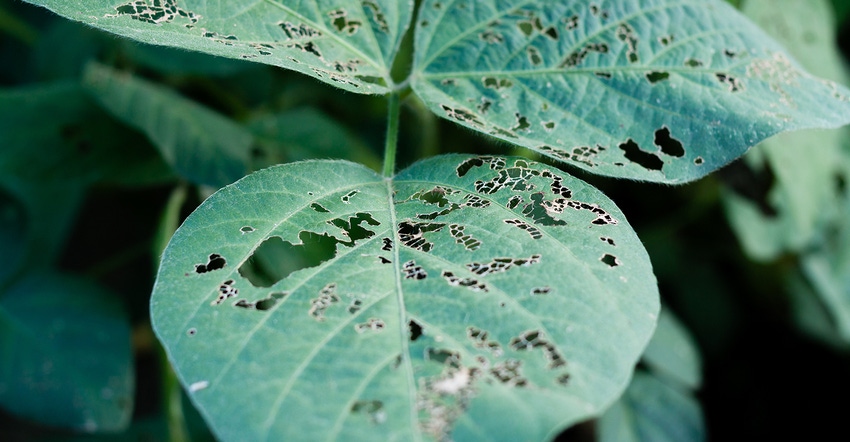October 27, 2017

By Ginger Harris
As an insurance specialist, I cringe every time I receive a call from a grower informing me that the neighbor accidentally killed a portion of their crop with spray drift. They typically say, “Yes, I know the damage isn’t covered by multi-peril insurance, but what about my actual production history?”
Until the implementation of new rules for this year’s production reporting, I never had very good news for them. In the past, the frustrating answer was that if your crop was injured by an uninsured cause of loss, your APH would suffer and subsequently your crop insurance protection in future years.
Thankfully, we now have better news to share. New rules are being put into effect to protect your APH, which is one of the most important components of crop insurance. The Risk Management Agency has implemented new options in production reporting for two uninsured circumstances. Growers now have provisions to protect their APH from losses due to unavoidable uninsured fire and third-party damage.
Unavoidable uninsured fires are fires caused by an uninsured cause of loss, by actions outside the control of the insured. For example, fires caused by drivers tossing lit cigarettes out of a car window are clearly caused by a third party and are unavoidable. However, a fire caused by an insured who set a fire to burn brush, which then spread and ignited his crop, was caused by the insured, thus making it avoidable.
Unavoidable uninsured damage does not have to be caused by a third party to qualify for use of the new procedures. As an example, if your combine causes a fire in your field, owning the combine does not automatically disqualify the situation from the use of the new procedure. You will qualify to utilize the new procedure and exclude the acres and poor yield from your APH if you can prove to the insurance company that the fire was caused by actions outside your control and that the fire was unavoidable.
The second and likely more common scenario is third-party damage. This is damage to a crop that results from the actions of a third party, outside of the control of the insured. An example of third-party damage would be a neighbor applying chemicals and spray drift, causing damages to the insured’s crop.
One common question has been whether an employee of the insured would be a third party. It has been determined that, generally speaking, the actions of an employee would not be considered a third party. However, the action of someone, such as a custom harvester or sprayer, could be considered a third party.
Beginning with this year’s harvest, if you suffer production losses due to unavoidable uninsured fire or third-party damage, you may request that the damaged acres and production not be used when reporting production. This prevents reduced yields from the damage impacting the approved APH.
What you must do to qualify is file a notice of loss with your multi-peril insurance agent. Without a notice of loss filed, the loss will be treated the same as any other uninsured cause of loss with no accommodations for your APH. Once you have filed the notice of loss, the crop adjuster will determine whether the cause of loss is attributable to an avoidable uninsured fire or third-party damage. You are responsible for proving that the damage is eligible. Every situation must be assessed on its individual merits and circumstances.
In addition, the request to not include such acreage and production can only be made the initial year production is reported. Any unavoidable uninsured fire or third-party damage on this year’s crop would require the loss being filed and the request to exclude acres and production on damaged acres be included with the production report for this upcoming crop year.
Harris is a senior tax specialist with AgCountry Farm Credit Services.
You May Also Like




